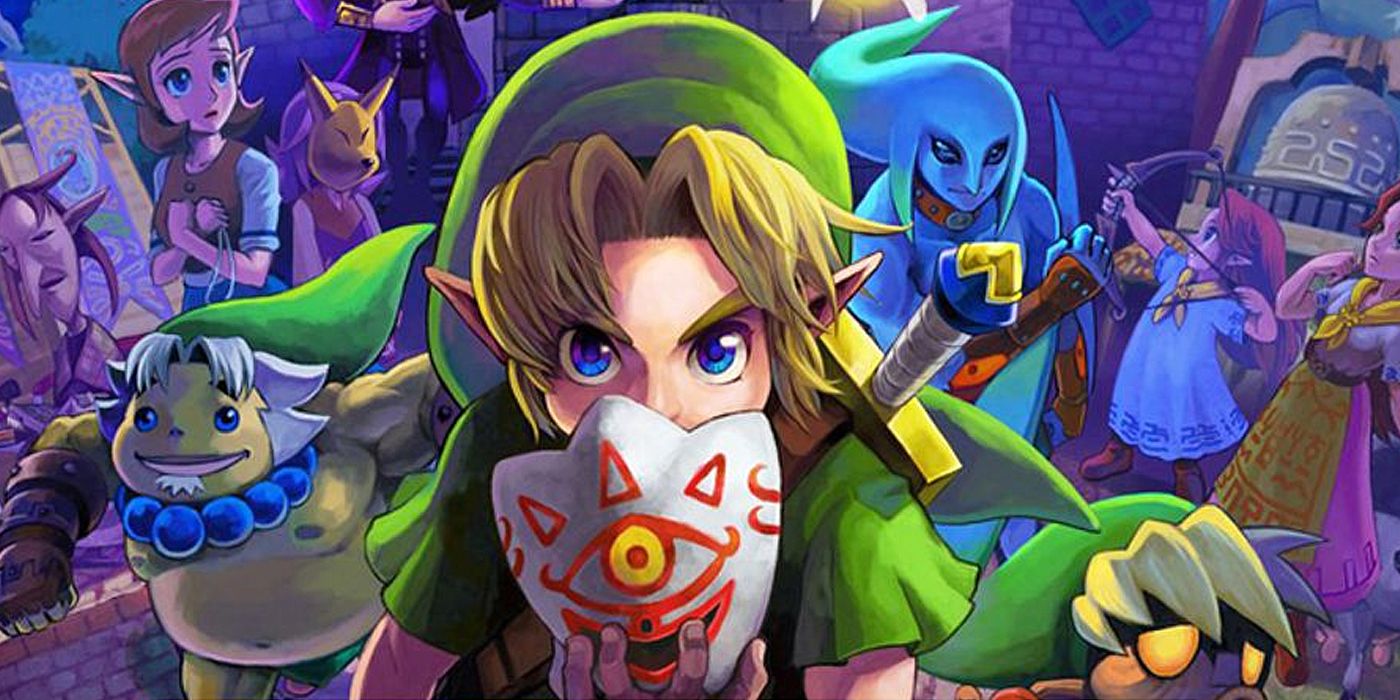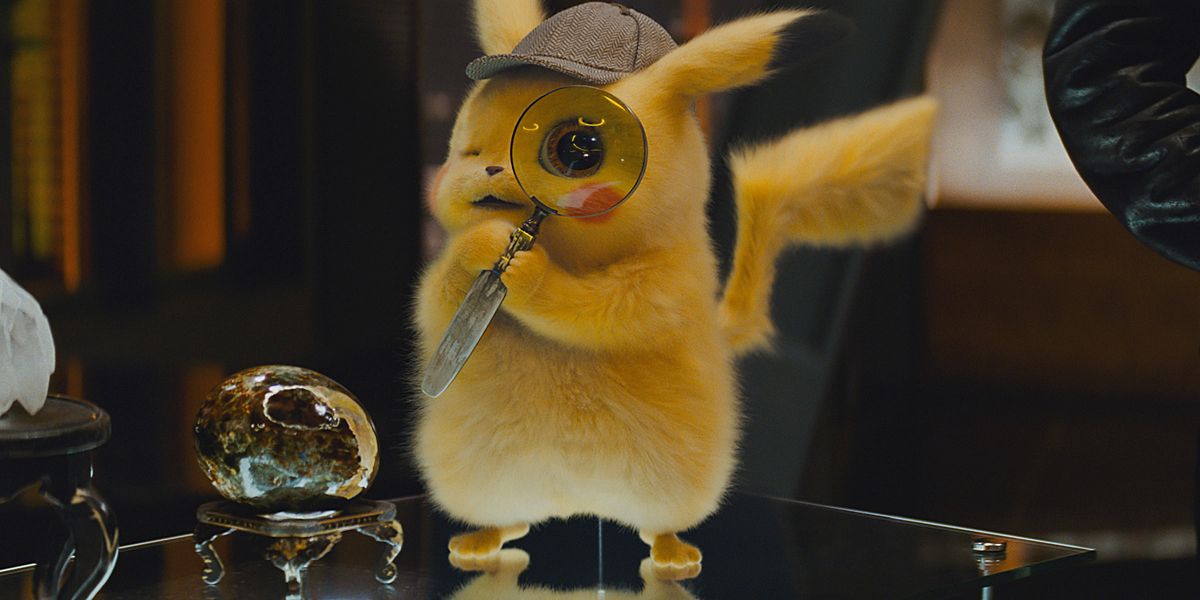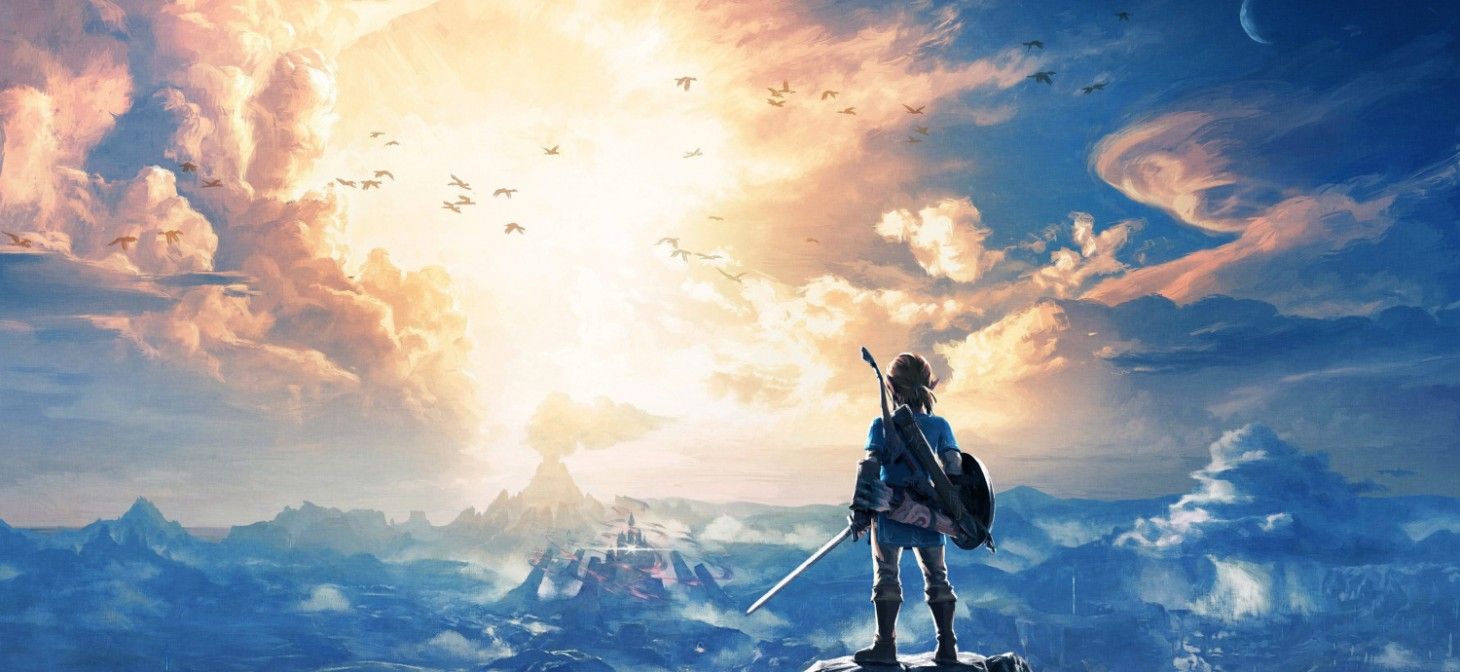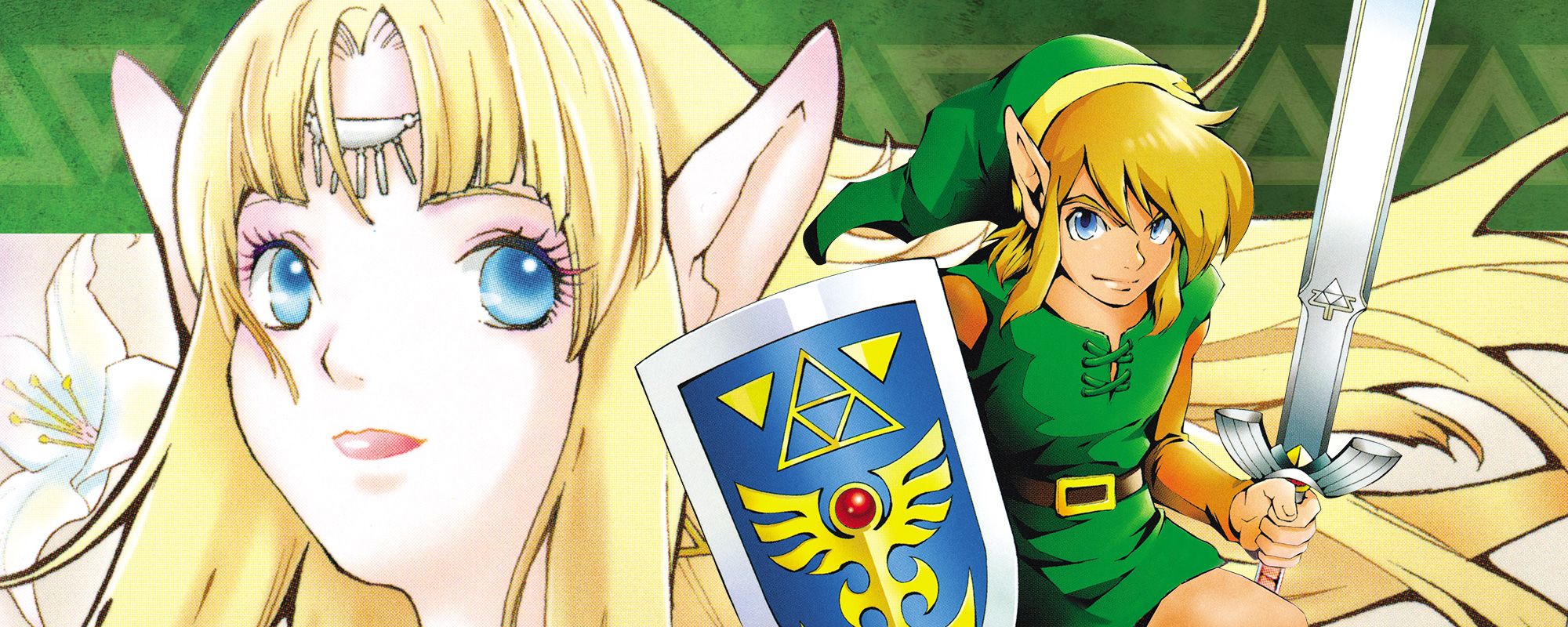Detective Pikachu has proved video game adaptations can be successful. While the film didn't blow up the box office like its competition the month it cane out (cough, Avengers: Endgame, cough), it brought in $431.6 million worldwide against a $150 million budget, marking it as a box office draw -- and the most financially successful video game movie ever. This is Nintendo's first live-action success story ever.Its only other attempt at making a movie was the Super Mario Bros. movie in the early 1990s.
With Nintendo fast-tracking a Super Mario Bros. animated movie (with a possible 2022 release date), the question remains: what else can Nintendo bring to the big screen? A property that would be amazing to bring to the big screen in the future is The Legend of Zelda, one of Nintendo's flagship games.
What is the Appeal of Zelda?
The Legend of Zelda stands apart from other Nintendo properties, with many critics touting it as the best of Nintendo's various franchises. One of the big reasons for this is the series's gameplay mechanics. However, when it comes to the reasons a game should become a film, gameplay takes a backseat. So what are other reasons people love the world of Hyrule?
The century-spanning saga of Zelda tells the cyclic saga of Ganondorf, who, across various incarnations and timelines, threatens to gain the supreme power of the Triforce. It's up to the various incarnations of Link and Princess Zelda to stop him. This simple framework is applied to various scenarios, and while the core of the story (usually) remains consistent, each game explores a different interpretation of the story and a new world to create a unique experience.
The games deal with several themes -- some of which are very mature. For example, the most famous game in the series, Ocarina of Time, focuses on the balance of nature and industry, the loss of youth and the esseence of power. This game arguably makes Hyrule feel like a real world, and it establishes several cultures and races, from the Gerudo tribes to the Kokiri to the Zoras to the Hylians. Together, these elements help bring this fantasy world to life.
In other Zelda games, however, far deeper themes are expressed. Majora's Mask, for instance, explores the inevitability of death and horror in ways that few games ever have.
Perhaps it is this that makes the Zelda series stand out; The game feels like a real world in which players can get lost, in much the same way Lord of the Rings readers become lost in Middle-Earth.
The Problem With Nintendo Adaptations
So far, although Nintendo has had success across various forms of media, it has floundered in the live-action movie department. Nintendo avoided creating live-action films based on their properties following the utter failure of 1993's Super Mario Bros.
One noteworthy difficulty with adapting Nintendo properties for the big screen is the plotless nature of many of its games. For Nintendo, gameplay and fun are more important to its games than story. Often stories are simply used to justify gameplay. In both the original Mario and Zelda games, the plot involved the hero traveling through various worlds to save a princess. A simple plot that moved the characters through the designed world, but doesn't lend itself well to a three-act story structure unless substantial liberties are taken.
That is not to say, however, that Nintendo avoided any adaptations of its work, but that its adaptations tended to either expand on or alter elements of its games' plots. The Metroid manga, for example, focuses on the early life of Samus Aran rather than the story from any of the games.
That's one thing that sets Zelda apart. The games have stories. Big ones.
Adapting Zelda
The Legend of Zelda has been adapted multiple times in various mediums -- most memorably, animation and manga. The animated series is often remembered for its cheesy, episodic plots.
Meanwhile the manga attempted to dramatize the games' stories. As the Zelda games progressed, the stories became more complicated and compelling, so it's no surprise that there was far more material to adapt for the Ocarina of Time manga than, say, the manga adaptation for A Link to the Past. However, due to the sprawling nature of some of the games, it's often necessary to streamline the plots and characters to ensure the narrative is understandable.
As a result, it's hard to say how Zelda could be adapted for a film or film series. Would one game be adapted at a time, with the same cast appearing across various films? Would timelines be combined? Would filmmakers select one story to tell in chronological order?
Manga adaptations often flesh out the character of Link. In the games, Link rarely speaks, instead demonstrating his personality in his physical behavior. The manga adaptations extrapolate from this, sometimes portraying Link as a hardened warrior and other times as an innocent, wide-eyed adventurer. The contrasting personalities of Link often add nuance to the character. So while all maga incarnations of the character are Link, not every Link is the same. This holds true for Zelda as well, although even in the games Zelda's personality changes from release to release along with her role in society (Tetra, the Zelda in Wind Waker, is a pirate, after all).
What Path Could the Films Take?
A wise decision for an adaptation of the Zelda games is to choose games that could create a compelling movie trilogy. Filmmakers could start with an adaptation of Skyward Sword, which is currently the earliest game in the franchise's timeline. Skyward Sword establishes the core ideas and themes of the franchise, including the reasons for the series's cyclical nature.
Then, filmmakers could move to an adaptation of Ocarina of Time, which in many ways codifies the core conflicts of the saga in an epic but simply way. The story establishes Ganondorf's take-over of Hyrule, showing a world forever changed. This would allow audiences to grow more familiar with the various races of Hyrule, as well as see how the country has changed in the centuries since the prior film.
Finally, Wind Waker could conclude a Zelda film trilogy, be presenting a future where Ganondorf returns after the departure of the Hero of Time, in the fragmented timeline left by Ocarina. Hyrule is a splintered, drowned nation, and it's up to the newest incarnation of Link to finish off Ganondorf forever.
Each film would feature the same world at different stages, from its infancy in Skyward Sword to its prime in Ocarina to its death and rebirth in Wind Waker. In many ways, it would turn Hyrule -- the world audiences have loved for decades -- into a character, just as much as Link, Zelda, and Ganondorf. This structure could work because each game is distinct enough to make for a compelling adaptation in its own right.
Other elements from other games could be incorporated as well, including Midna and the Guardians from Breath of the Wild.
One way or another, if Nintendo plays to continue its foray into live-action film adaptations, Zelda would be a smart place to go next.





